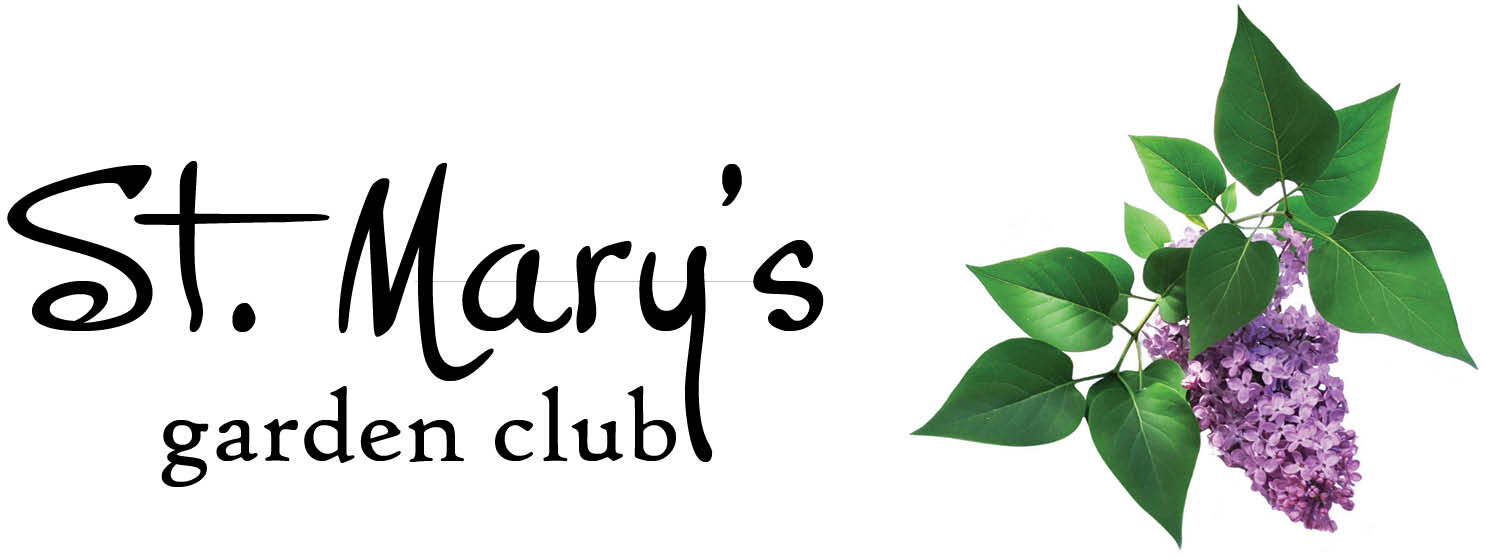St. Mary’s Garden Club Environmental Education Grants
St. Mary’s Garden Club (SMGC) was founded in 1930 in Falmouth, Maine with the objective of educating and promoting environmental stewardship and cultivating a spirit of environmental citizenship. It is the goal of SMGC to encourage students as they explore their natural world. We are confident that in examining today’s environmental challenges, students will collaborate to find tomorrow’s solutions.
To support our mission the SMGC Scholarship Fund awards grants of $500-$2,000 annually for programs that promote horticulture, gardening, and environmental awareness. The funding is open to educators from Cumberland County public schools for environmental projects targeting middle and high school students. SMGC grants are awarded according to the applicability of the program to SMGC objectives. Projects should address a particular issue.
The SMGC Outreach and Scholarship Program also contributes to the Ornamental Horticulture Fund at UMaine Orono. It supports ongoing research in greenhouse management, on-going field trials at the Lyle E. Littlefield Garden, and the identification, selection and propagation of Maine native plants for the nursery trade.
We hope that schools propose creative and perhaps unconventional projects that meet the objectives of SMGC. We encourage proposals that include a multi-disciplinary approach. The committee is also receptive to funding multi-year projects for proposals that clearly state their duration. Educators can re-apply in subsequent years to continue funding their programs.
Download the Grant Application
The 2024 Grants Committee delivered a check to the Casco Bay High School Green Team for their Improving Bike Culture project at the Casco Bay High School campus. It is a student led project. The students are going to buy and organize the installation of a bike rack at their school. Well done Green Team!
Windham Middle School used their 2022-23 SMGC Environmental Education Grant to create interdisciplinary projects involving horticulture, plant cultivation, food insecurity, and pollination. Here the students learn about beekeeping and try honey from the hive!
SAMPLE PROJECT IDEAS
~ study, evaluate current approaches to, and design solutions for: limited spaces for farming, water run-off in your community,
~ develop a plan for community pollinator gardens, corridors, or limited mowing areas
~ identify both the value and challenges of urban living and design a city that will solve the problems of transportation, infrastructure, and community living
~ create a podcast to teach climate facts and propose solutions
~ work with a librarian to build “links” to gardening information and technology
~ invite a series of guest speakers including gardeners, chefs, botanists and city planners to share their rescue plans for the planet
~ use a drone as a tool to identify a concern in your community
~ study how the local landscape has changed over time and create images that reflect what we see or expect to see in the future
~ develop writing workshops that use various styles of writing to address specific environmental concerns
~ search the NOAA and FEMA websites to locate flood zones in your community, what your town is planning to do



